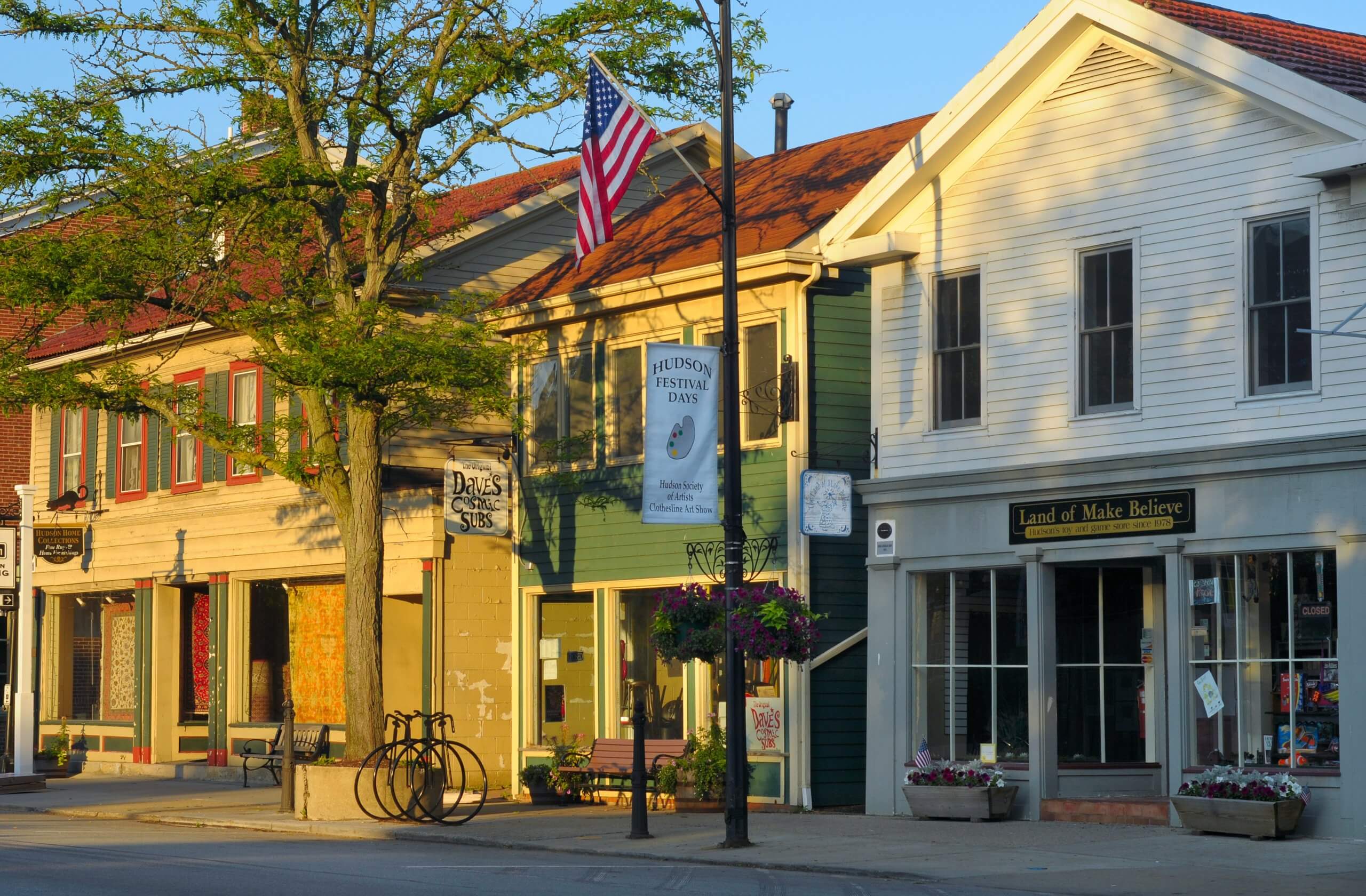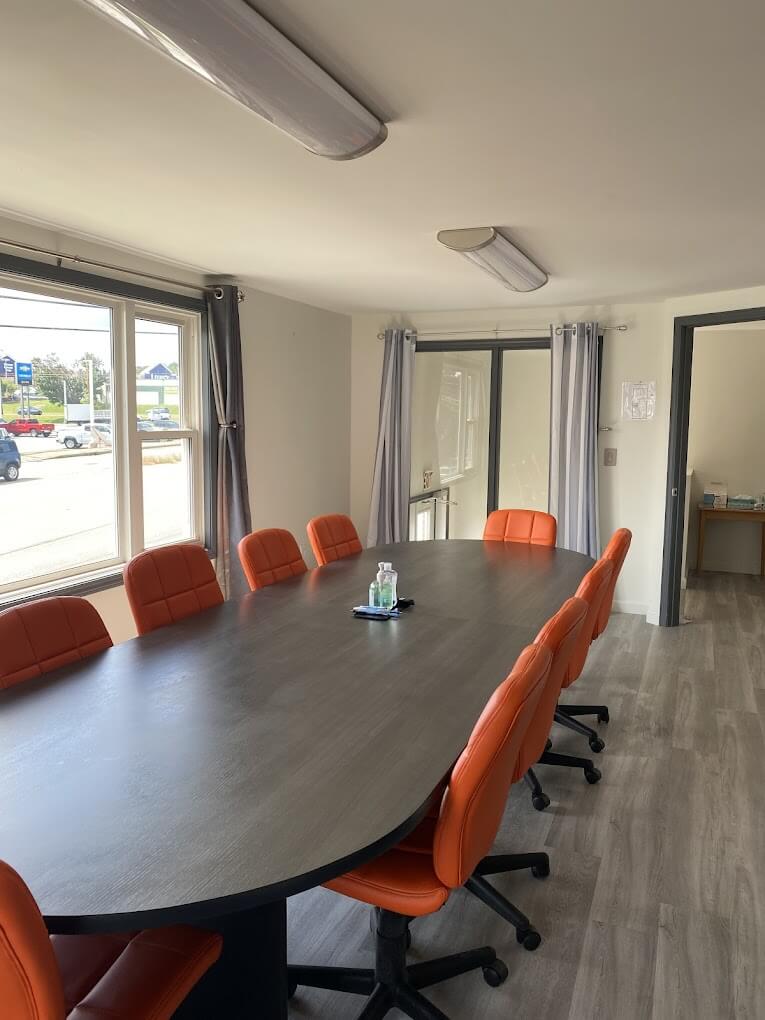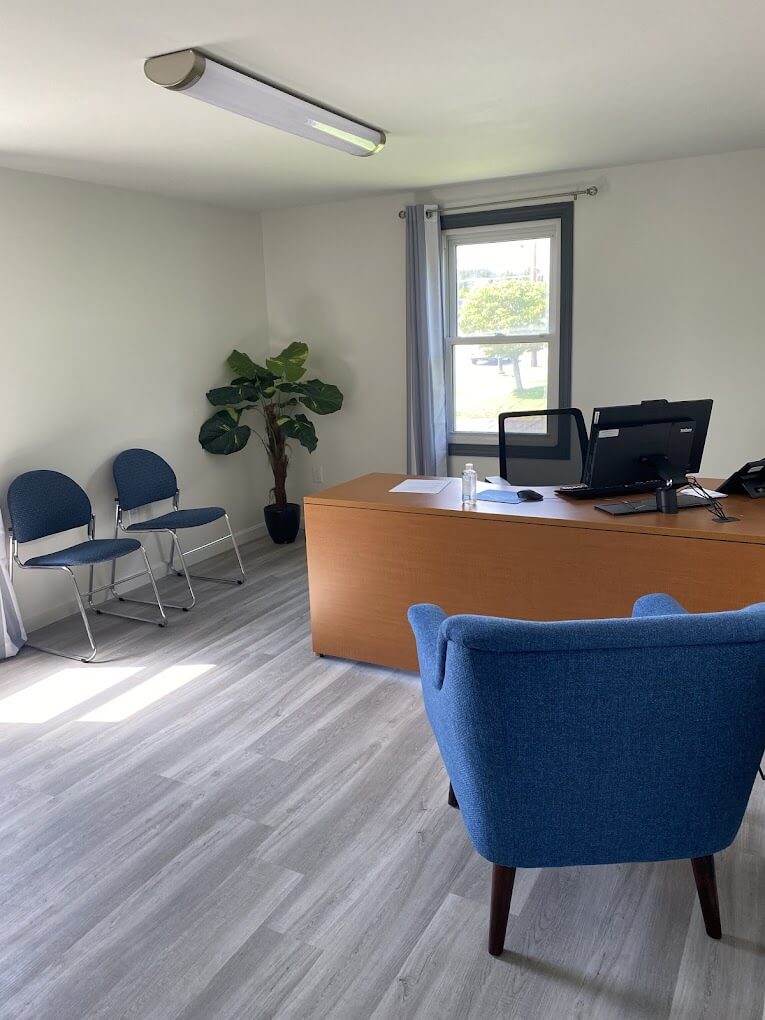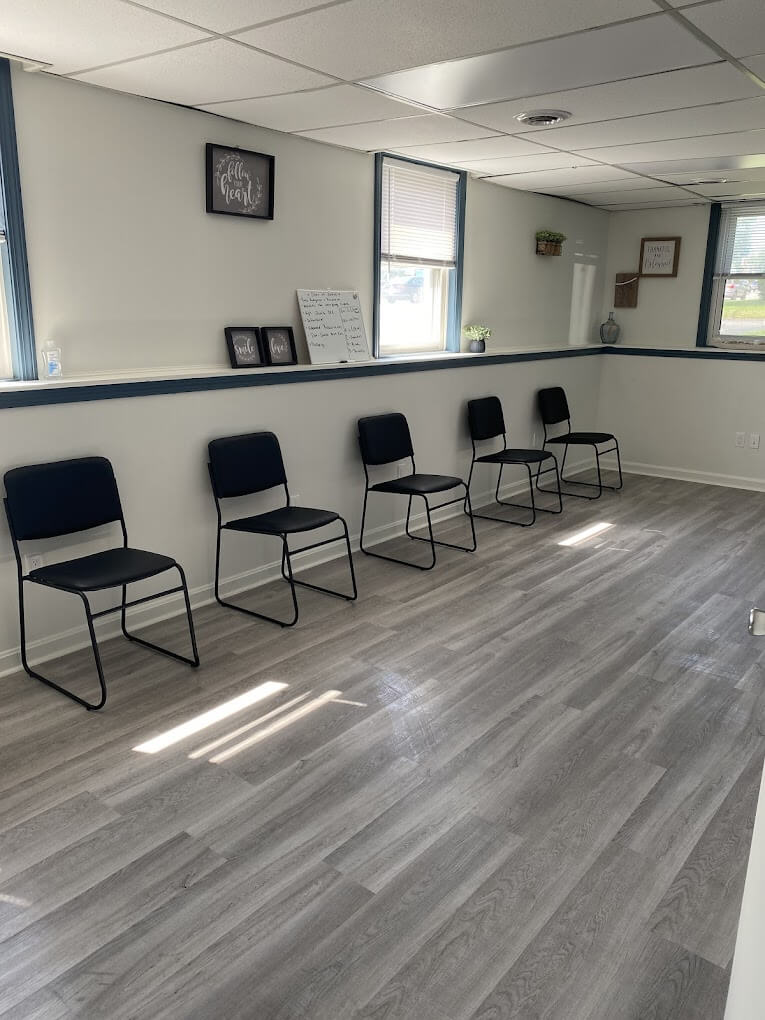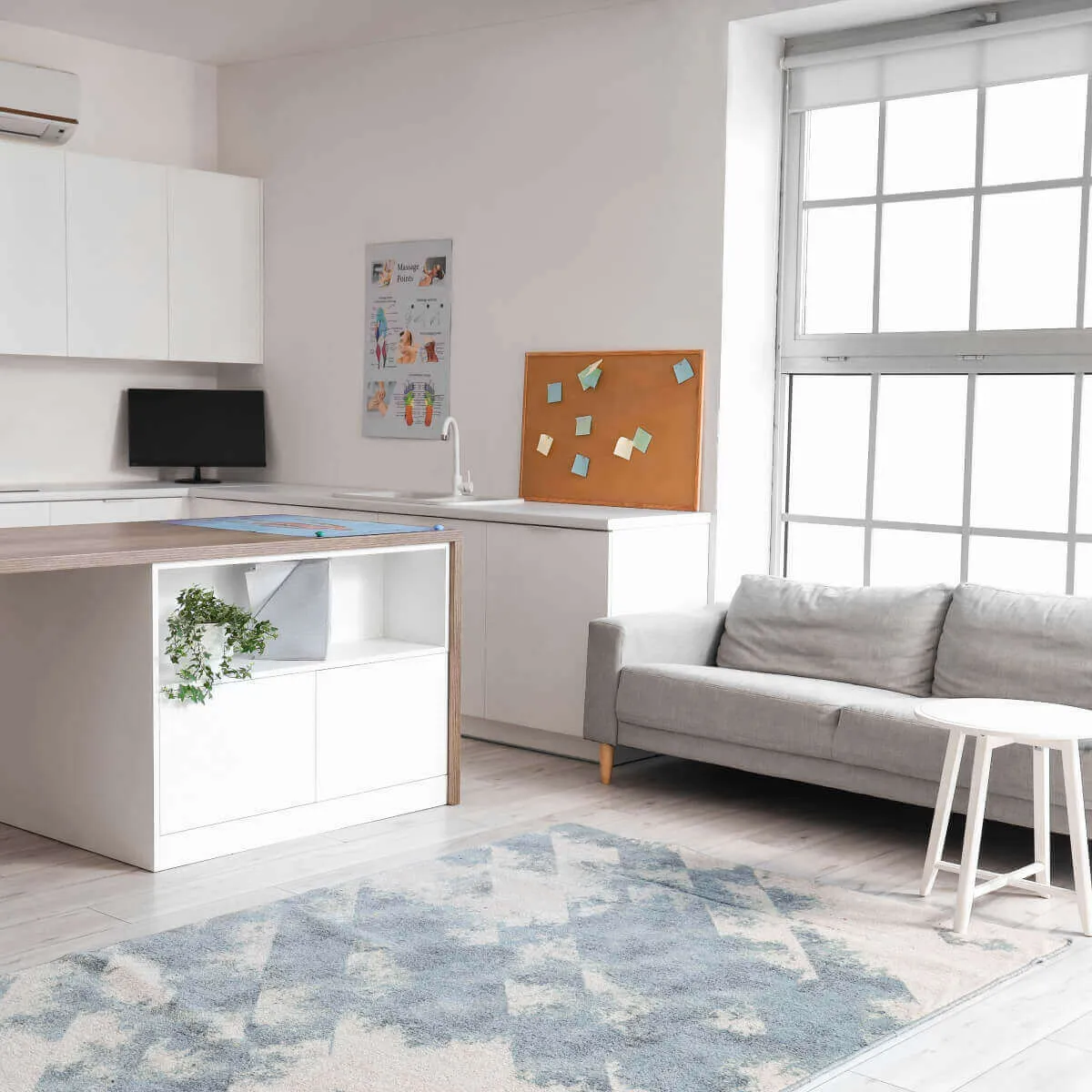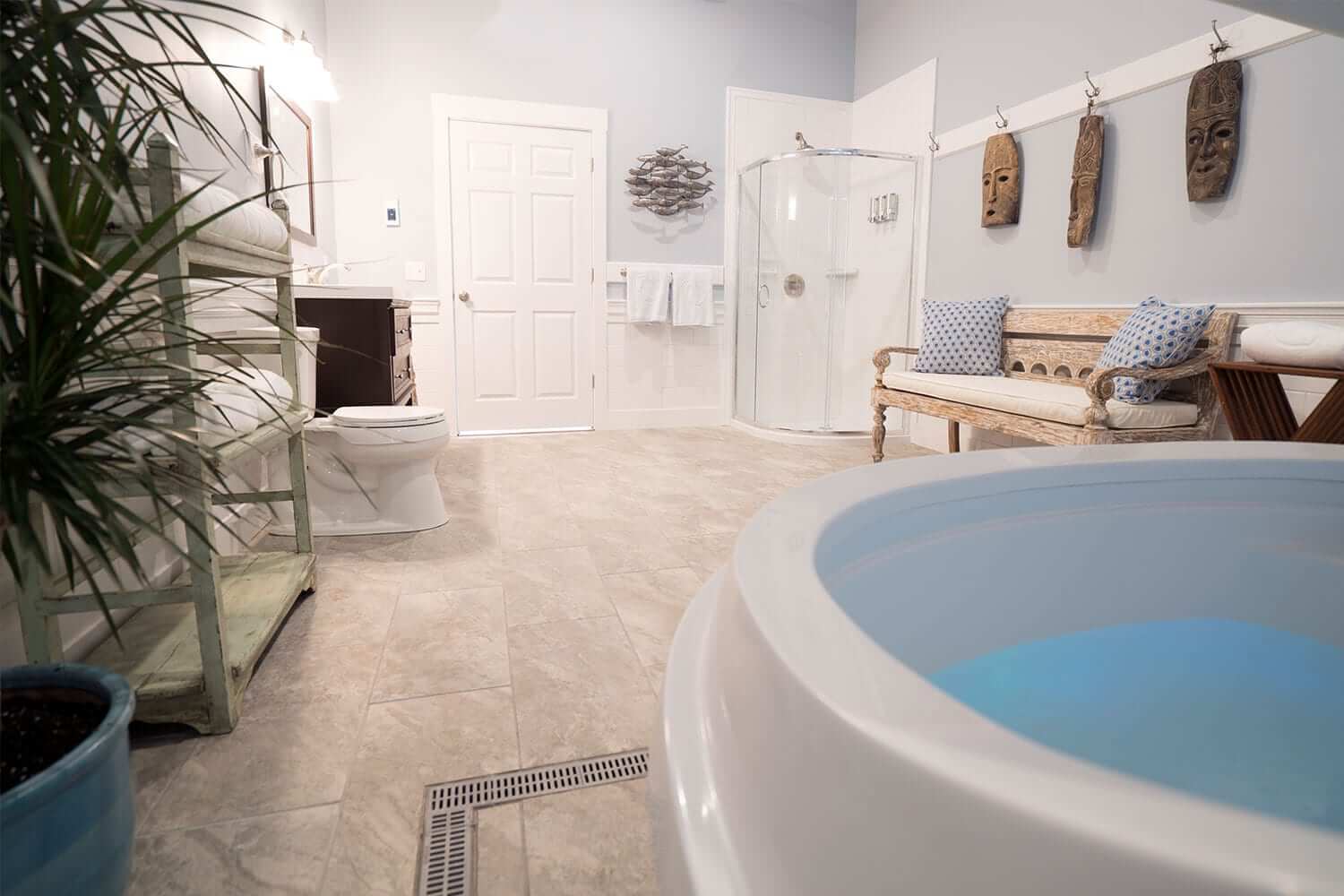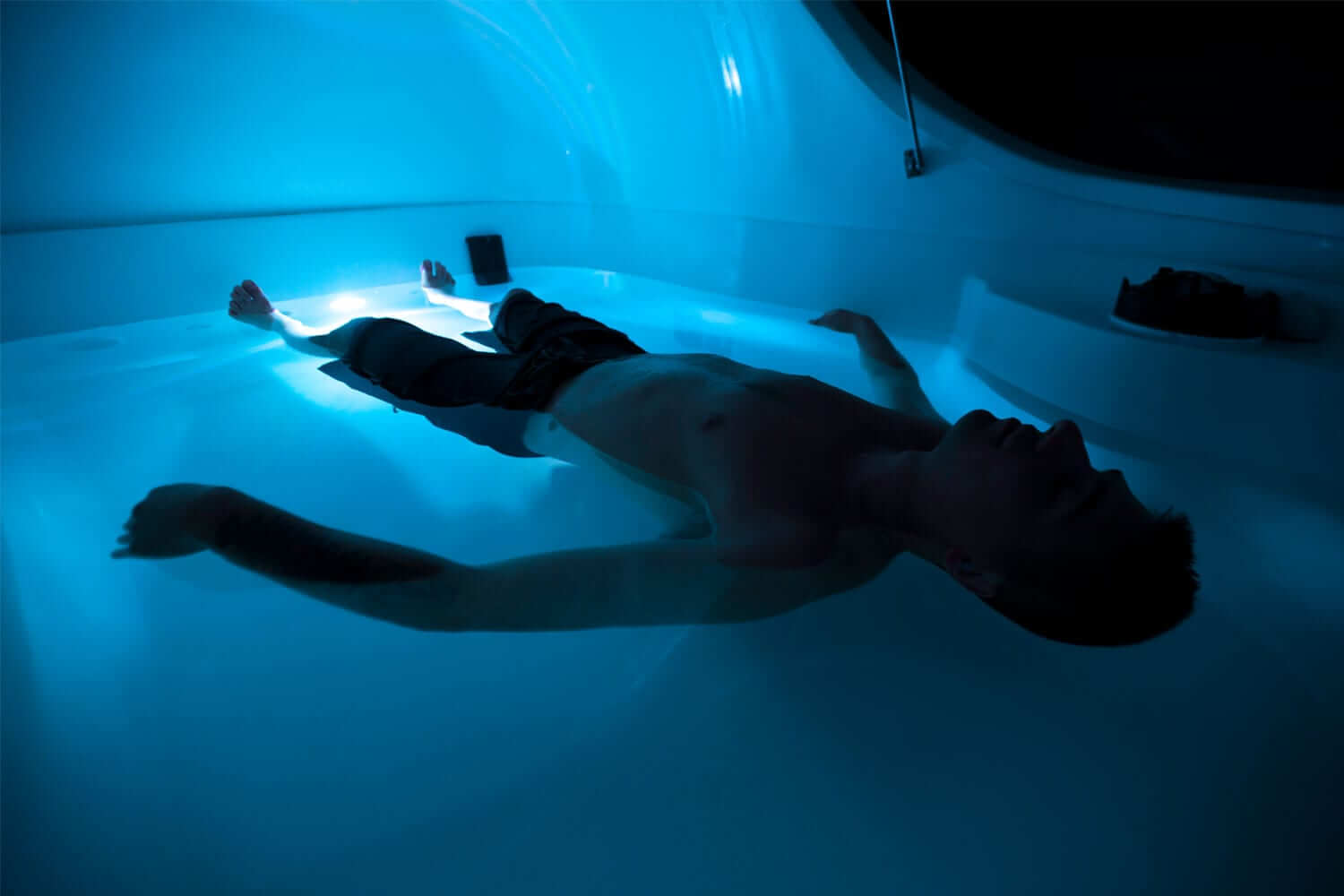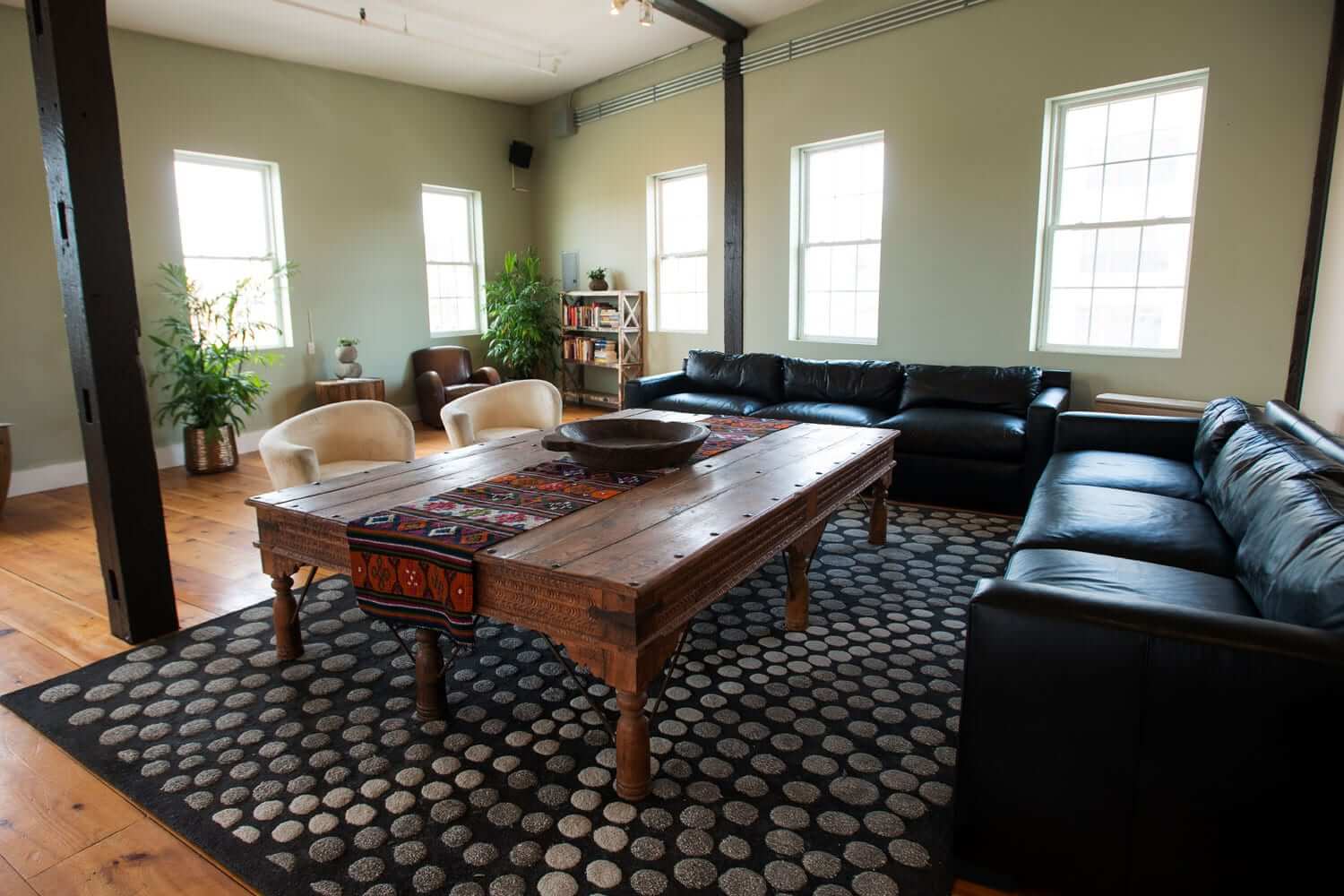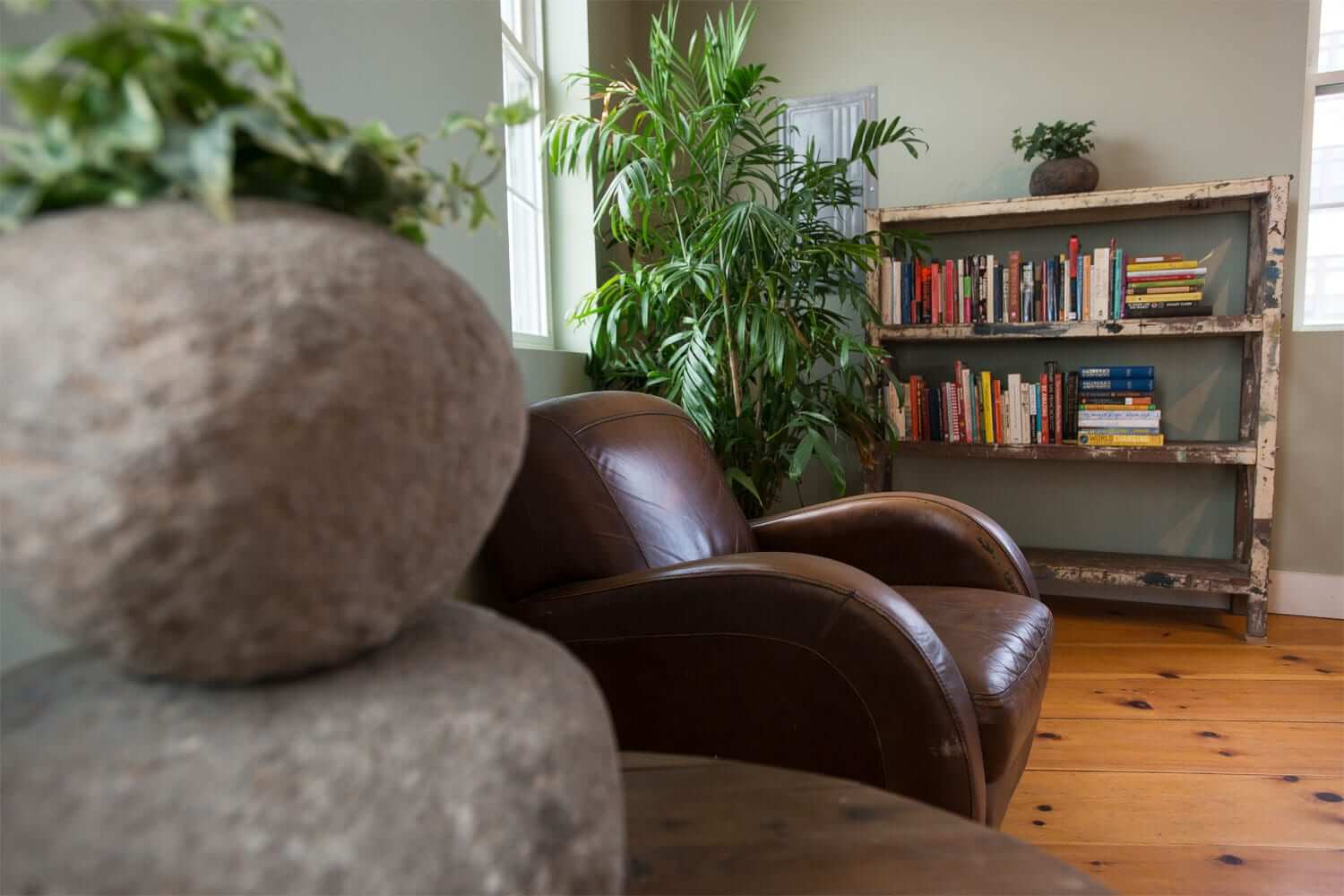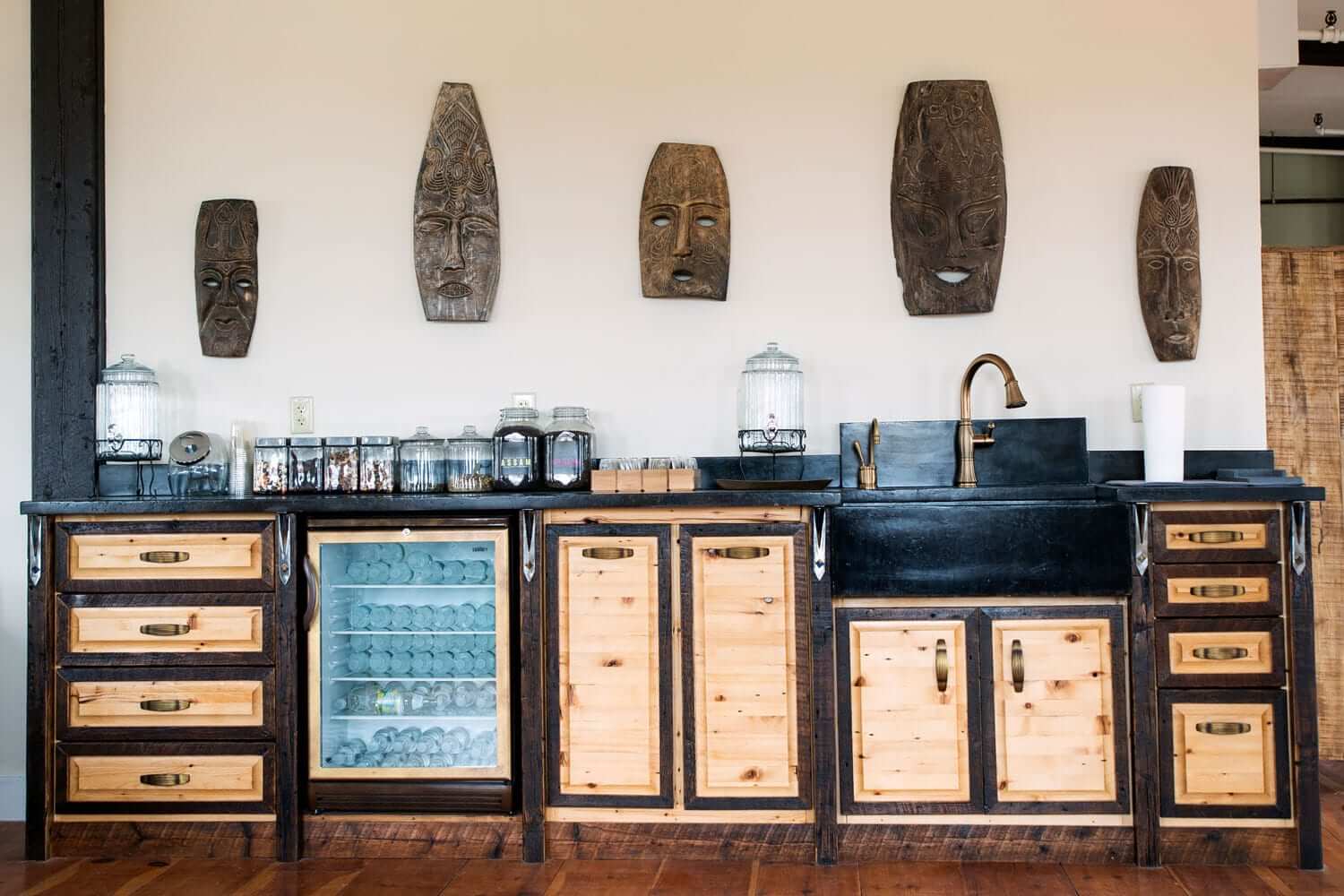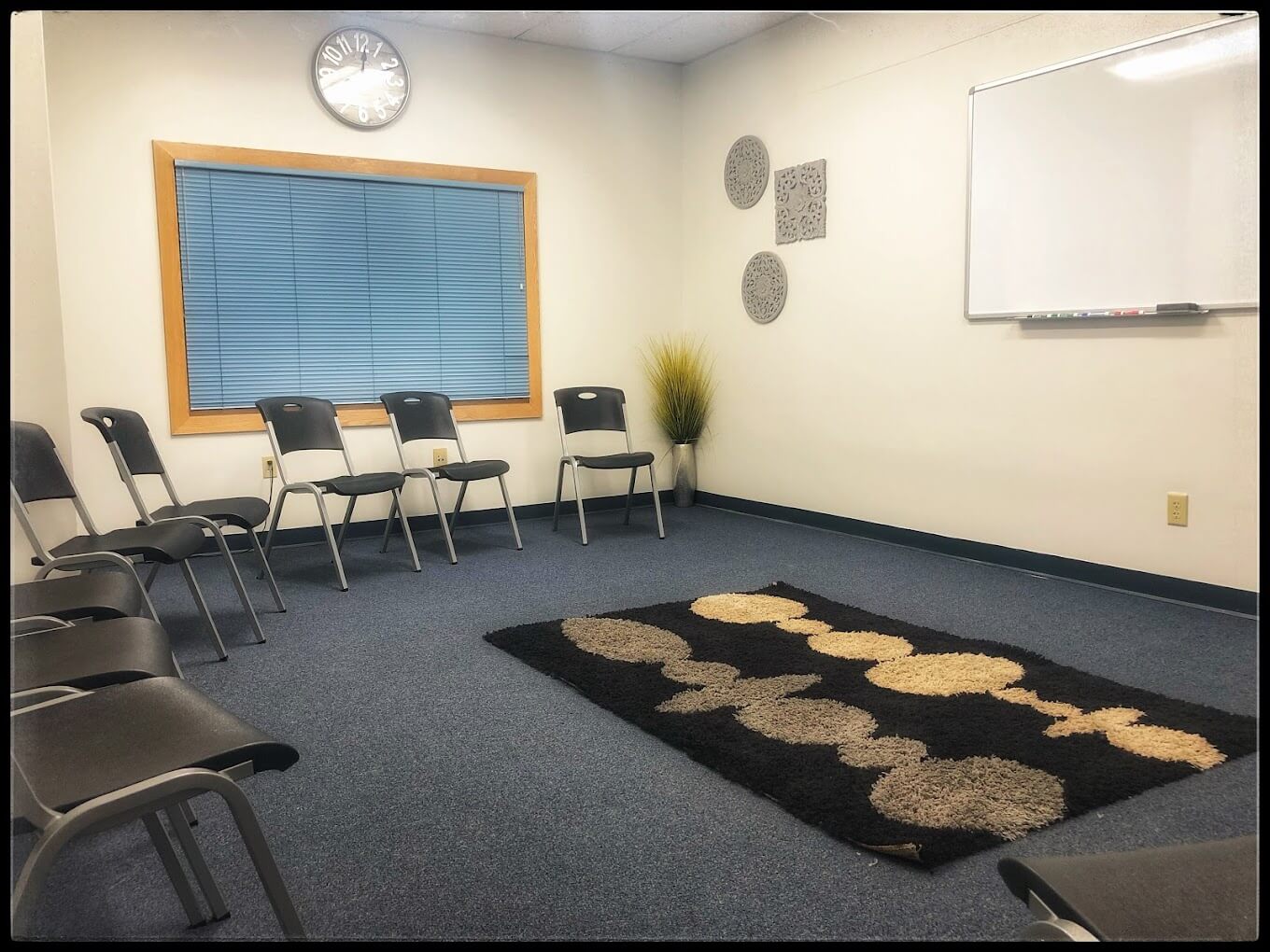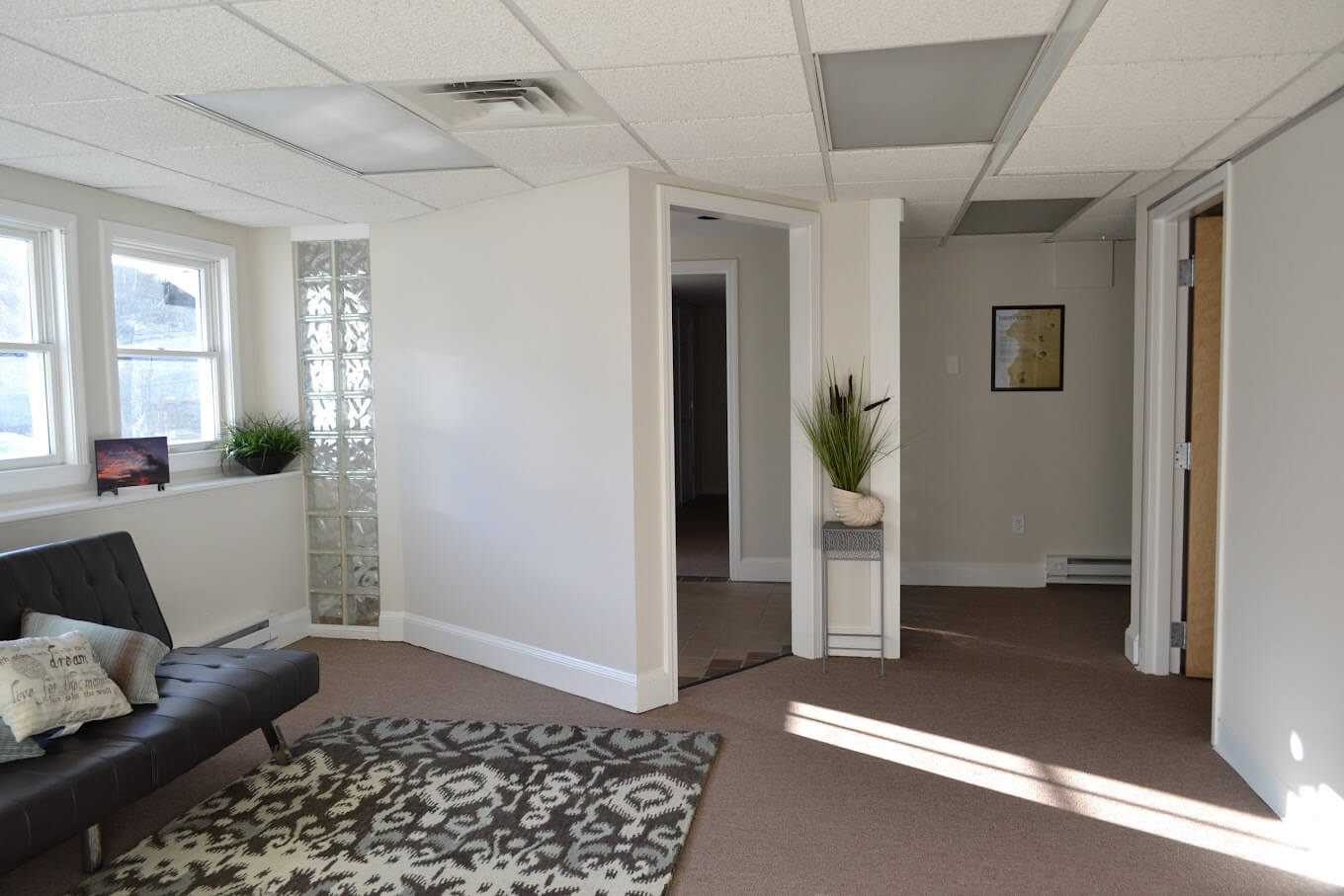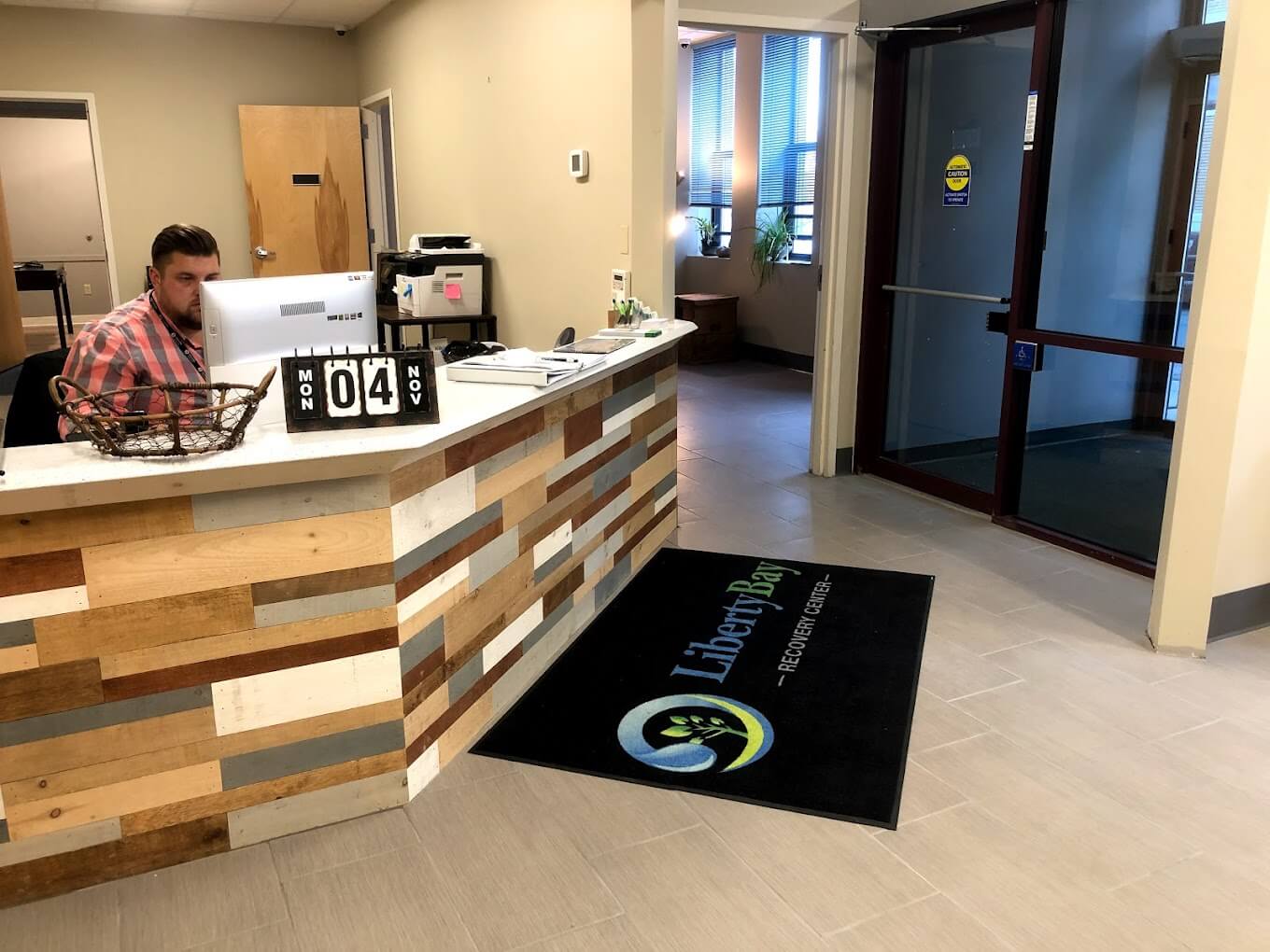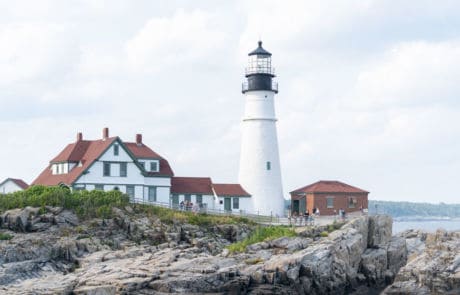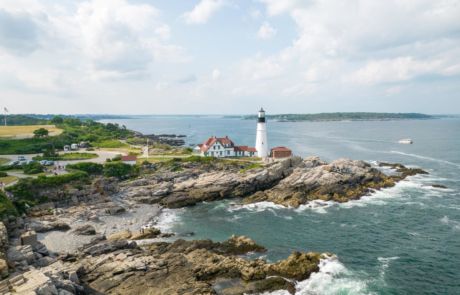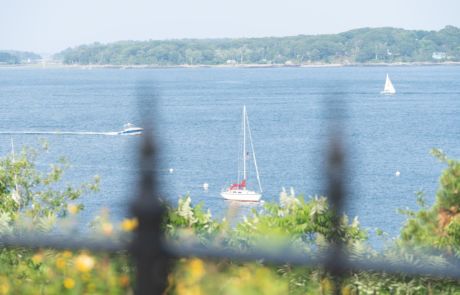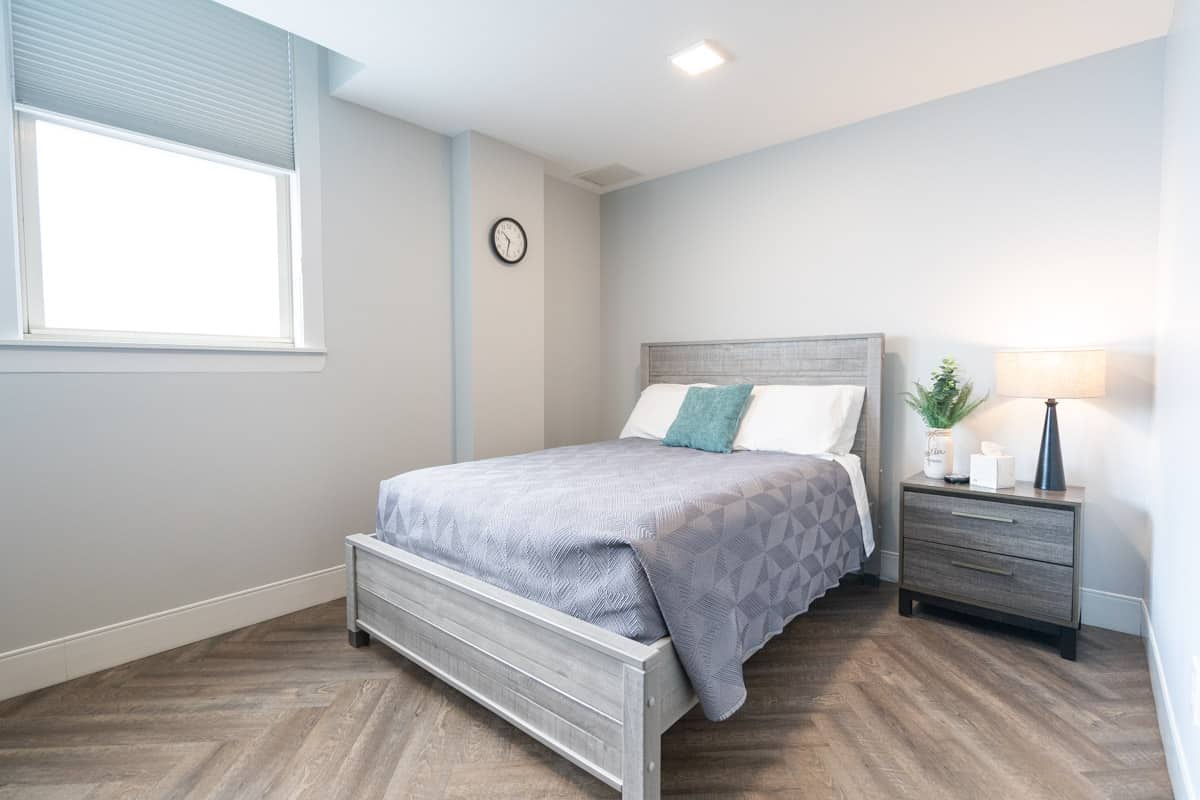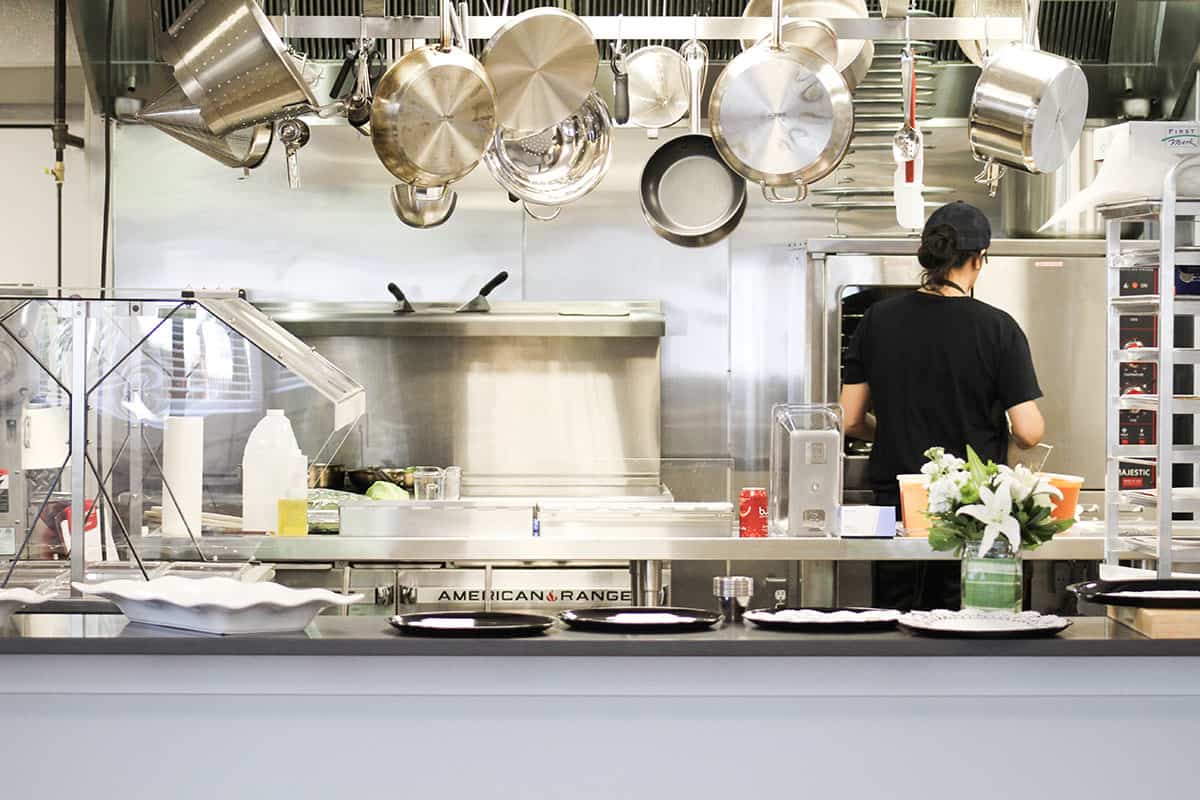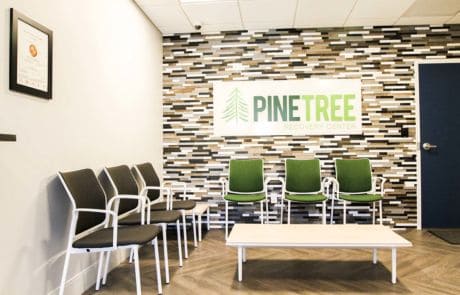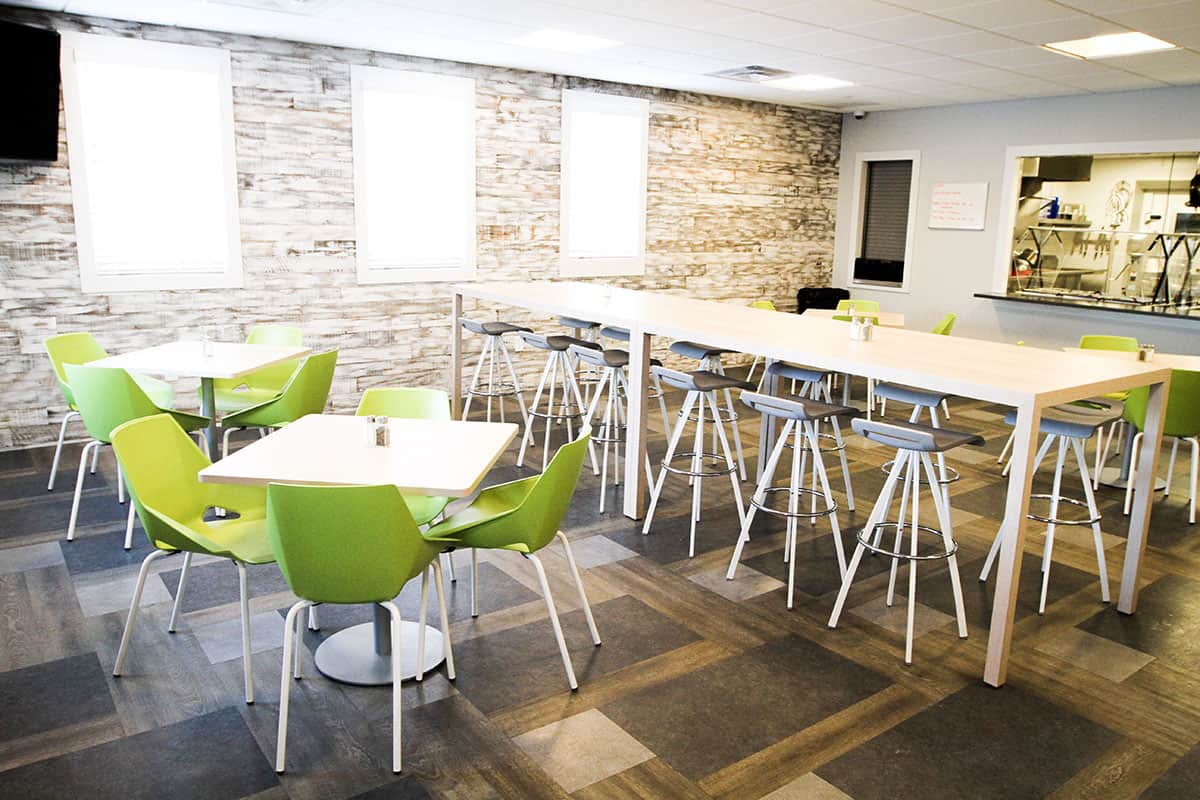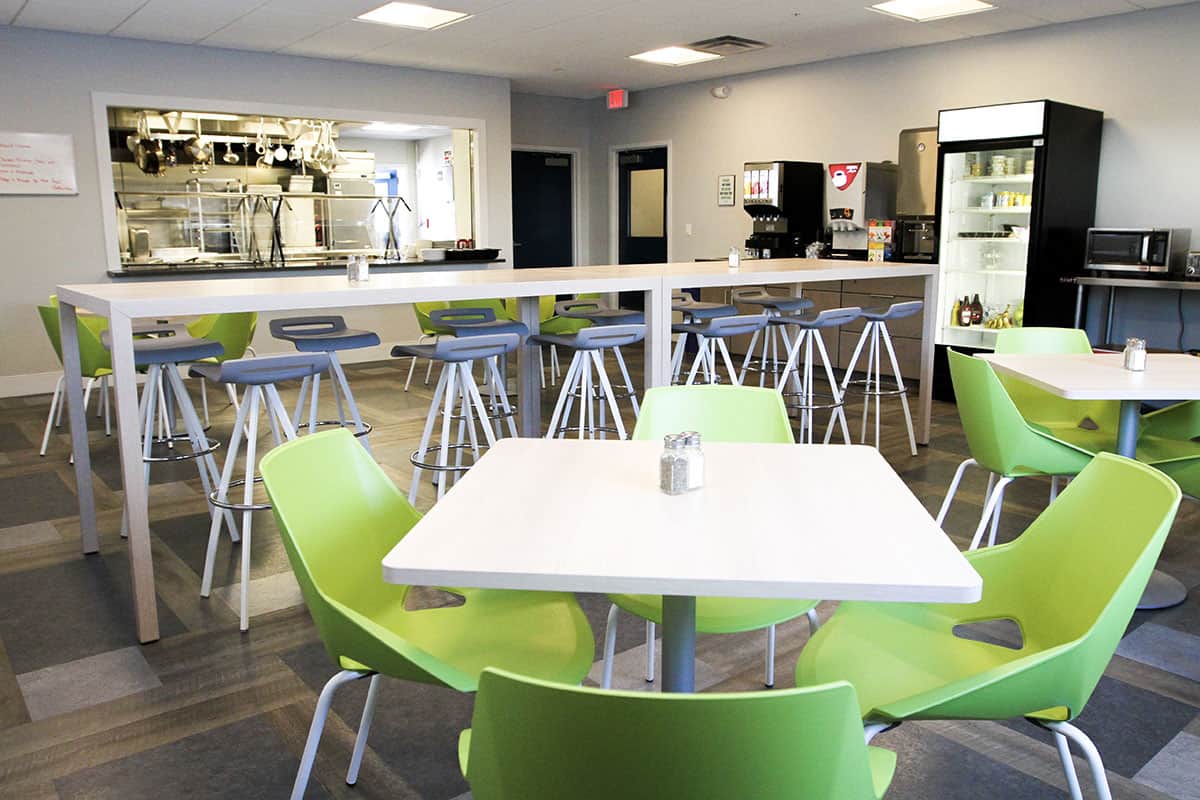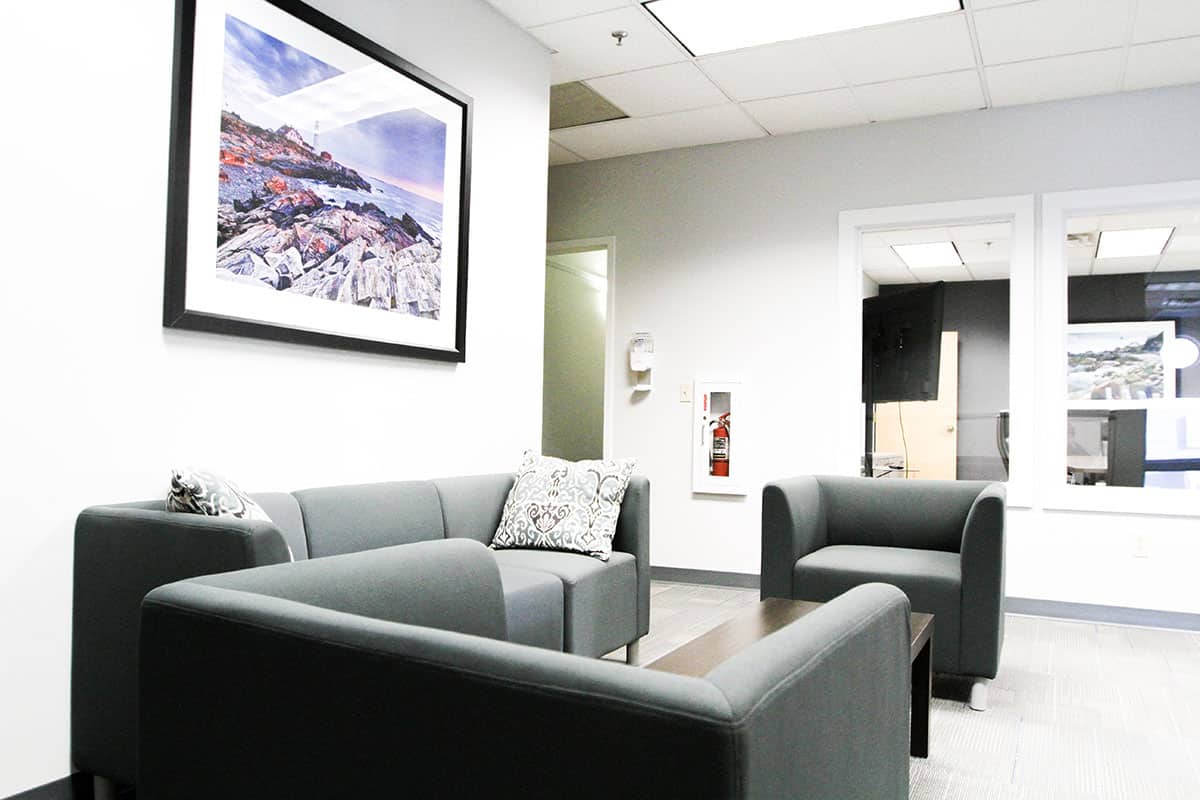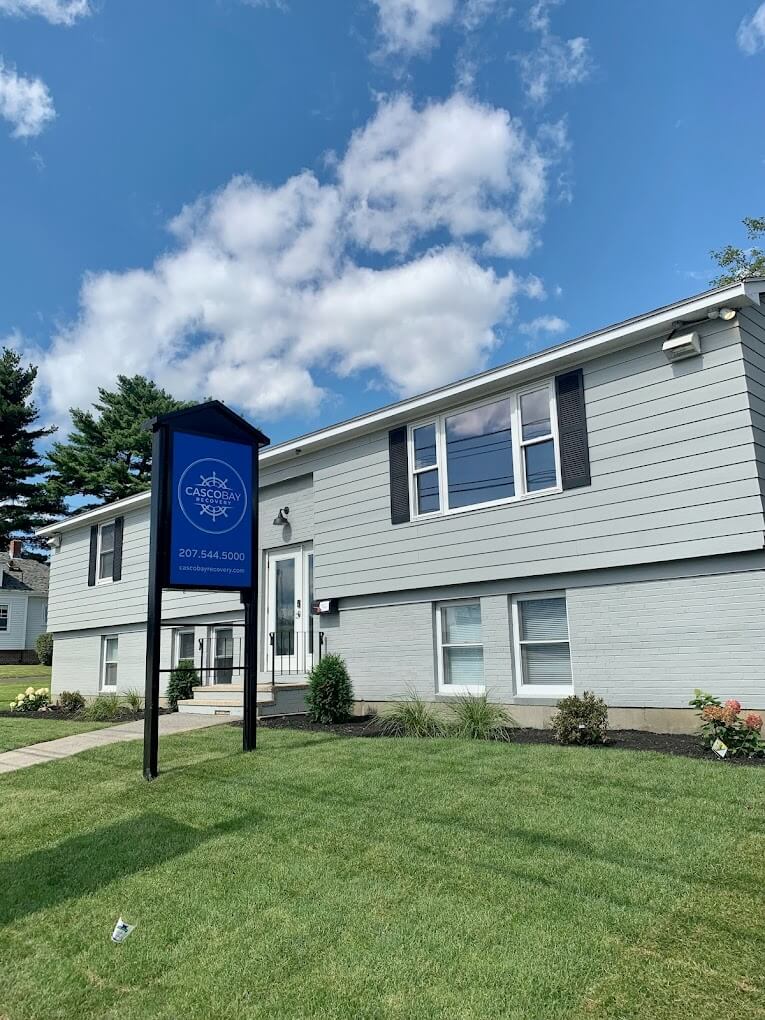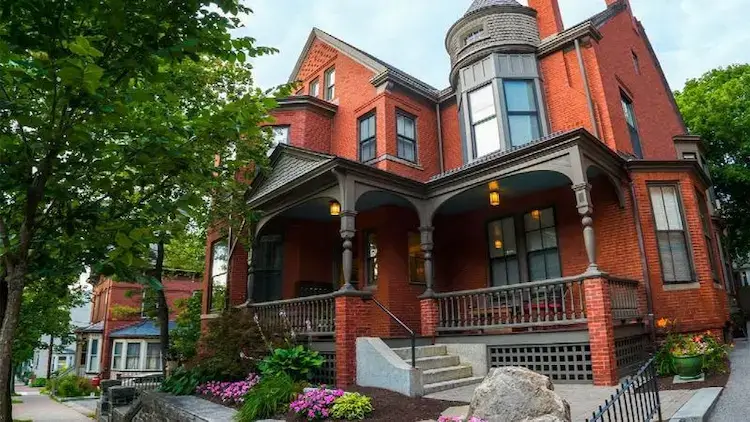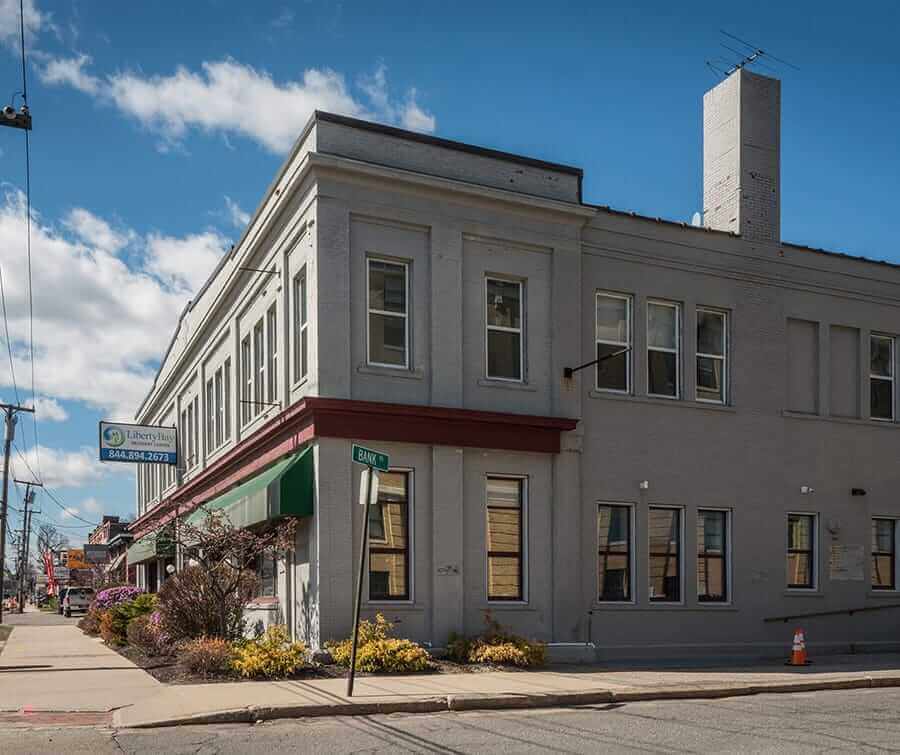4 Maine Rehab Centers
Have a question about Maine rehabs? Check our Frequently Asked Questions to learn more.
Common Questions About Maine Treatment Centers
Are there short-term and long-term treatment options available in rehab facilities across Maine, and how do I decide which is right for me?
In Maine, rehab centers provide tailored treatment options for specific requirements. Short-term programs, typically lasting 30 days or less, are designed for those with milder addictions or limited availability. On the other hand, long-term programs, lasting 60-90 days or more, offer intensive care for individuals with severe addictions or co-occurring mental health conditions. Choosing the best program depends on factors such as addiction severity, health, support network, and personal/professional obligations. Seek guidance from a healthcare professional for personalized advice and to determine the most suitable treatment option for your situation.
How do rehab centers in Maine ensure the physical safety and security of their clients?
Maine’s rehab centers put a high priority on keeping their clients safe and secure. To do this, they use strict safety measures like Cameras watching the property all the time, controlling who can enter the facility, Having security guards on-site, and Having clear rules about who can visit clients. In addition, these centers have plans in place to deal with medical emergencies quickly and effectively. Staff members are trained to handle different situations so clients can feel safe and focused on improving.
What kinds of group therapy sessions are conducted in rehab facilities in Maine?
In Maine, rehab centers offer various group therapy options tailored to specific aspects of addiction recovery. These groups include:
- Cognitive Behavioral Therapy (CBT) Groups: Explore and modify unhelpful thought patterns and behaviors.
- Support Groups: Create a safe space for sharing experiences and providing encouragement.
- Educational Groups: Provide knowledge on addiction, recovery, and relevant health topics.
- Skill Development Groups: Equip individuals with coping mechanisms, stress management techniques, and other necessary skills.
- Therapeutic Communities: Establish a nurturing environment that promotes the practice of healthy behaviors and relationships.
Group therapy sessions are facilitated by trained therapists and are structured to provide a safe and supportive environment for all participants.
How do rehab facilities in Maine help clients develop life skills for post-treatment independence?
In Maine, rehab centers understand the significance of practical skills for individuals to successfully transition to independent living after treatment. To achieve this, they provide programs and workshops that cover:
Money Management: Skills for budgeting and financial planning.
Job Skills: Assistance with resume writing, interview preparation, and job hunting.
Interpersonal Skills: Training in communication, building relationships, and handling conflicts.
Life Skills: Lessons on time management, grocery shopping, cooking, and taking care of household tasks.
Relapse Prevention: Education on recognizing triggers, overcoming cravings, and developing coping mechanisms.
These life skills programs are designed to equip clients with the tools they need to navigate the challenges of daily life and maintain their sobriety after leaving the rehab facility.
















